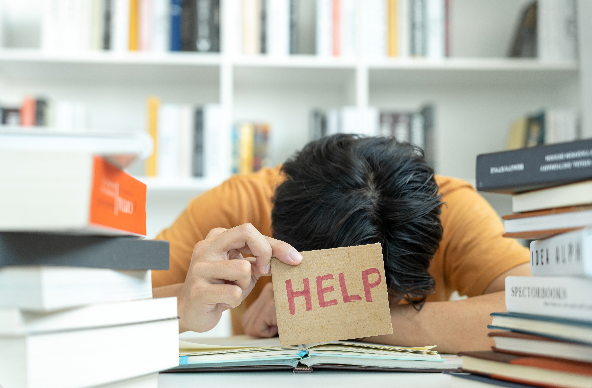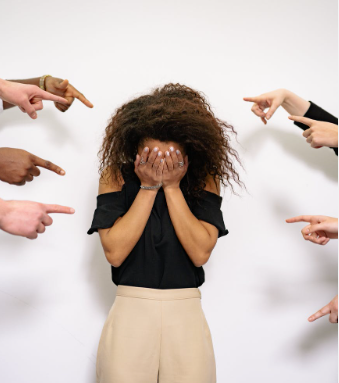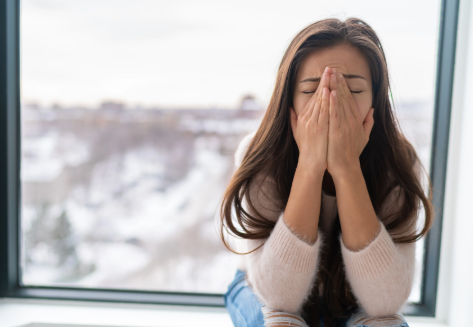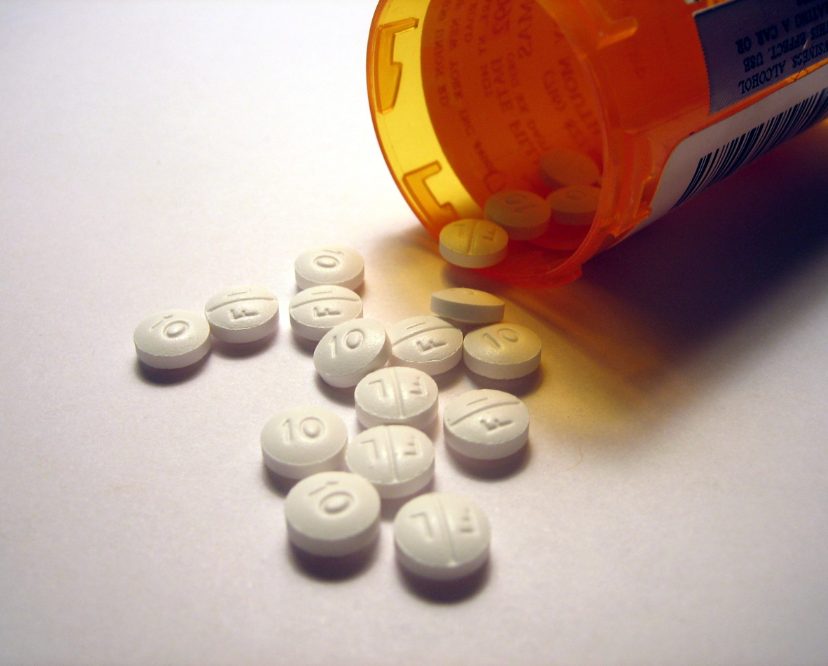Feeling Off Lately? Here Are the Real Signs of Depression You Should Know

Feeling Off Lately? Here Are the Real Signs of Depression You Should Know
We all have rough days where nothing seems to go right. But when that “off” feeling sticks around, making life feel heavy every day, it could be more than just a bad day. Depression is a real mental health condition, and learning to spot the symptoms can be the first step toward feeling better. Let’s break down some of the signs of depression and anxiety in a way that’s simple and easy to relate to. Whether you or someone you know is living with social anxiety or depression, knowing these symptoms and what they mean can help.
1. Low Energy and Feeling Tired All the Time
Everyone feels tired now and then, but depression takes it to another level. You might feel exhausted no matter how much sleep you get. This is one of the most common symptoms of depression and can make everything—even small tasks—feel like climbing a mountain. For people with social anxiety, exhaustion can also stem from dealing with social interactions, as feeling anxious around others can be draining. This “always tired” feeling affects daily life, making it harder to stay motivated and engaged.
2. Losing Interest in Things You Used to Love
Have you noticed that things you once enjoyed just don’t bring you happiness anymore? This is a big sign of depression. Whether it’s music, sports, hanging out with friends, or binge-watching your favorite show, depression can make these activities feel empty. Losing that spark for the things you used to love can feel like a major shift, and it’s one of the ways depression affects your social skills and social interactions, especially if you’re already dealing with social anxiety symptoms.
3. Feeling “Stuck” or Numb
Depression doesn’t always feel like sadness. For many people, it feels more like numbness or a sense of being “stuck.” You might feel disconnected or like life is happening around you, but not with you. For people with social anxiety, this feeling can be amplified in awkward social situations, where they feel even more “out of place.” This numbness or detachment can make you feel isolated, even when surrounded by others.
4. Trouble Sleeping (or Sleeping Too Much)
Depression can also interfere with your sleep in two big ways. Some people find it hard to get good rest and may lie awake at night or wake up often. Others might sleep much more than usual, but no matter how long they sleep, they still feel exhausted. Whether it’s insomnia or oversleeping, this lack of quality rest can make life feel harder. When combined with social anxiety symptoms, lack of sleep can heighten feelings of stress, making it even tougher to face social situations or meet new people.
5. Changes in Eating Habits
Depression often affects appetite in different ways. Some people lose interest in food and don’t feel hungry, while others might eat more as a way to cope. These changes can lead to noticeable weight loss or gain, which can add another layer of stress to an already challenging time. If you feel anxious, food can sometimes become a source of comfort or, for others, a source of avoidance. Dealing with depression and social anxiety can feel overwhelming, especially when changes in appetite make you feel even more out of control.
6. Difficulty Focusing or Remembering
If you have social anxiety or depression, you might notice that it’s hard to concentrate or remember things. Focusing on school, work, or even simple conversations can feel like a struggle. You may find yourself zoning out or forgetting things, which can add frustration to an already tough time. For people with social anxiety, the added stress of trying to stay focused during social interactions can increase that shaky feeling of being overwhelmed.
7. Persistent Negative Thoughts
One of the hardest parts of depression is the negative self-talk. You might start feeling like you’re not good enough, that everything’s your fault, or that things will never improve. These thoughts become a loop that plays over and over, making it incredibly hard to shut off. People with social anxiety also experience these negative thoughts, especially after social interactions, where they might replay awkward social situations in their mind, overanalyzing every detail.
Ways to Deal with Social Anxiety and Depression
If these symptoms of social anxiety or depression sound familiar, know that you’re not alone. Here are some simple ways to start dealing with social anxiety and depression that can make a significant difference.
-
Talk to a Mental Health Professional
Reaching out to a mental health professional is one of the best ways to get help. Therapists can help people with social anxiety or depression identify their triggers, understand their risk factors, and develop ways to cope. Talk therapy, for example, can be especially helpful for exploring thoughts and feelings. A mental health professional can also suggest treatments for social anxiety and other mental health conditions. -
Join Support Groups
Support groups offer a safe space to connect with others who may have social anxiety, depression, or similar medical conditions. People with social anxiety can find it comforting to share their experiences with those who understand. Support groups provide a place to learn new social skills, talk about awkward social situations, and get advice from people who’ve been there. Having a community can make dealing with social anxiety feel less isolating. -
Try Positive Self-Talk and Mindfulness
Positive self-talk might sound simple, but it can make a big difference. Remind yourself that the way you feel now is temporary, and that these feelings will pass. Try phrases like, “This feeling will pass,” or, “I am safe right now.” For people with social anxiety, practicing self-talk before meeting new people or entering social situations can help ease that shaky feeling. -
Focus on Physical Health
Depression and social anxiety affect not just the mind but also the body. Exercise, deep breathing, and healthy eating can improve both physical and mental health. Exercise helps reduce heart rate and ease muscle tension, common physical symptoms of social anxiety. Even small steps, like going for a walk or stretching, can help ease stress and give a boost to your mood. -
Explore Natural Remedies
If you’re interested in natural ways to deal with social anxiety or depression, certain supplements may offer support. The icalm Stress Relief Shot, for instance, includes ingredients like magnesium glycinate, L-theanine, and ashwagandha, which promote relaxation and ease symptoms of social anxiety and general anxiety. Natural options can be a good short-term way to feel calmer without the drowsiness of some medications. -
Set Small Goals in Daily Life
Depression and social anxiety can make everyday tasks feel overwhelming. Setting small, achievable goals can help you feel more in control. Start with simple things like making your bed or writing down a few things you’re grateful for. For people with social anxiety, setting small goals related to social skills—like saying hello to someone or joining a conversation—can help ease social interactions over time.
Moving Forward: Recognizing Symptoms and Taking Steps to Heal
Depression and social anxiety are common experiences, but recognizing the symptoms and finding ways to cope can make a difference. Remember, you’re not alone in dealing with social anxiety or depression. There are people who want to help, and support groups or mental health professionals can provide the guidance you need.
Dealing with social anxiety and depression might feel challenging, but taking it one day at a time and trying out these small steps can help. If you notice social anxiety symptoms or depression signs in yourself or someone close, don’t hesitate to reach out for help. Mental health conditions don’t define who you are, and with support, it’s possible to find relief and move forward.
Breathe easy—you’ve got this!
With love,
Michelle
Co-Founder of icalm Health









Leave a comment